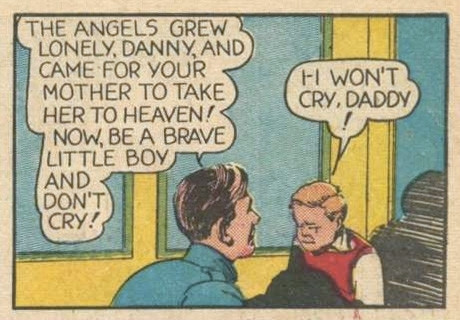What is toxic masculinity and is it to blame for sexual assault?
The term describes how the pressure to be 'manly' and 'aggressive' negatively shapes how men behave.

In a year of never-ending revelations of rape and sexual assault stories, people have inevitably tried to reason with how they could have happened. One phrase that has been used time and time again is 'toxic masculinity'.
When looking back on those now 80 women who have accused disgraced Hollywood mogul Harvey Weinstein of assault or the years of alleged assault by Kevin Spacey, some people have been using the term 'toxic masculinity' to rationalise what led men to behave in this way. Toxic masculinity is regarded as a by-product of the patriarchy - a world in which men are the oppressors and feel the need to constantly be masculine in order to fulfil their roles.
It is "a specific model of manhood, geared toward dominance and control. It's a manhood that views women and LGBT people as inferior, sees sex as an act not of affection but domination" according to The Establishment.
These include being shamed for exhibiting emotions, the idea that women and men will never truly understand each other, the notion that men always want and need to have sex, and that successful men 'get' women. Men are taught they can and should get angry - even be able to fight- and to fear emasculation. This is potentially the worst part of 'toxic masculinity' as it means humiliation for any behaviour seen to make them 'less' of a man.
These stereotypes are repeated in representations of men in films, movies and politics, they're so deeply entrenched within society.
How is this related to the recent sexual assault allegations?
It is argued that the common denominator in the allegations about Louis C.K., Spacey and Weinstein and all the other alleged perpetrators of sexual assault and sexual harassment isn't sex, but toxic masculinity.
Ultimately it's a culture of encouraging male privilege and a subsequent ability to abuse it. In many of the well-known alleged cases of sexual assault, the perpetrators have occupied senior roles and taken advantage of those younger, lower down the hierarchy or less able to fight back.
In a piece for The Guardian, Jordan Stephens from band The Rizzle Kicks said, "As far as I can see, this toxic notion of masculinity is being championed by men who are so terrified of confronting any trauma experienced as children that they choose to project that torture on to the lives of others rather than themselves."
The issue now is that these definitions of gender need to be challenged and accepted as problematic by men first before things can get better.






















